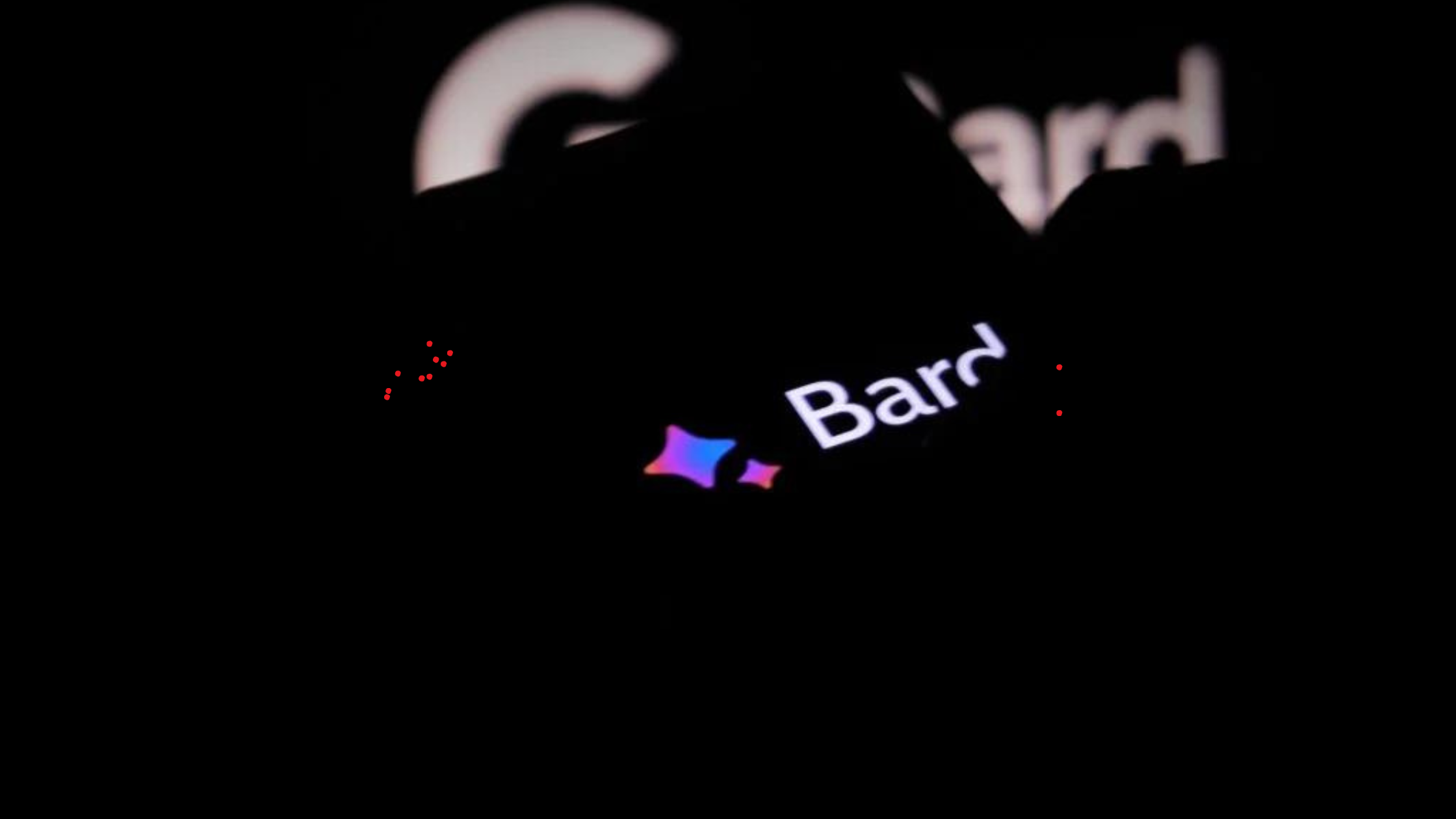In the arena of artificial intelligence, a new battleground has emerged: the realm of text generation. Two contenders stand tall: Bard, a product of Google AI, and ChatGPT, developed by OpenAI. Both boast impressive abilities, weaving words into captivating narratives, poems, scripts, and more. But which champion reigns supreme when it comes to crafting compelling content?
This blog post delves deep into the heart of this showdown, examining the nuances of text generation from both Bard and ChatGPT. We’ll assess their strengths and weaknesses, exploring their unique approaches to language manipulation and uncovering which AI truly excels in the art of storytelling and information delivery.
The Contenders: A Closer Look
At their core, both Bard and ChatGPT are large language models (LLMs) trained on massive datasets of text and code. This training allows them to understand the intricacies of human language, allowing them to generate text that is not only grammatically correct but also contextually appropriate and engaging.
Bard, however, boasts a unique advantage: its access to Google’s vast knowledge base. This allows it to incorporate factual accuracy and insightful knowledge into its text generation, making its output more informative and reliable.
ChatGPT, on the other hand, shines in its creative prowess. It excels at crafting original narratives and engaging in humorous banter, making it a powerful tool for entertainment and creative exploration.
Strengths and Weaknesses
Bard:

Strengths:
Factual accuracy due to access to Google’s knowledge base
More objective and neutral tone
Excellent for generating factual content and reports
Weaknesses:
Can sometimes be too formal and lack creativity
May struggle with generating highly imaginative or humorous content
ChatGPT:

Strengths:
Highly creative and engaging writing style
Excellent for generating humorous content and fictional narratives
More flexible and adaptable in its writing style
Weaknesses:
Can sometimes be factually inaccurate
May generate biased or subjective content
Not as well-suited for generating informative content
The Verdict: A Matter of Preference
Ultimately, deciding the “winner” of this text generation battle largely depends on your specific needs and preferences. For tasks requiring factuality and accuracy, Bard may be the ideal choice. However, if you prioritize creativity and engaging storytelling, ChatGPT might reign supreme.
It’s important to note that both Bard and ChatGPT are constantly evolving, pushing the boundaries of what is possible with AI-powered text generation. As these technologies continue to develop, the lines between them may blur, creating a future where AI can seamlessly adapt to your specific needs and preferences, crafting content that is both informative and captivating.
So, who offers the best text generation? Instead of seeking a single victor, let’s celebrate the diversity and potential of these two remarkable contenders. Together, they are shaping the future of text generation, opening doors to exciting possibilities for both creative expression and factual information delivery.

